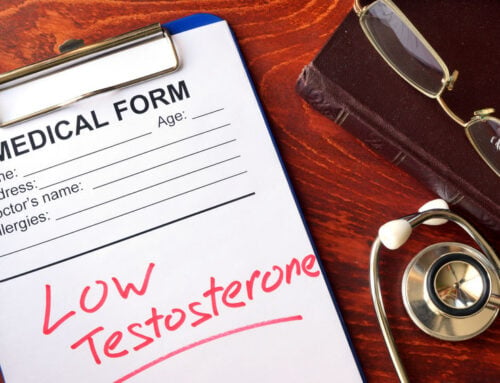Why Are The Pelvic Floor Muscles Important?
The pelvic floor muscles are a group of muscles that extends from the tailbone to the pubic bone in both men and women. The muscles help keep organs, like the bladder and uterus, in place. The muscles also form a barrier around the openings in the lower part of the body. These openings include the urethra and anus.

Prostate problems
The prostate gland rests between the penis and the bladder. The prostate produces fluid that mixes with sperm to create semen. Like any other organ, the prostate can develop issues and stop working correctly.
- Prostatitis: The prostate can become inflamed due to an infection.
- Benign prostatic hypertrophy (BPH): The prostate gland becomes enlarged, making urination difficult. To treat BPH doctors may suggest lifestyle changes like increased exercise or diet restrictions.
- Prostate cancer: Prostate cancer occurs when mutated cells begin to grow within the prostate. The cells become a tumor that travels to other tissues.
Why strengthen the pelvic floor?
The pelvic muscles protect the prostate along with the other organs. Strengthening the pelvic muscles is essential for those dealing with any of these prostate issues. Stronger muscles will help with bladder or bowel issues.
What weakens pelvic floor muscles?
Pelvic muscles can weaken due to a person’s age, weight, surgery, constipation, lack of physical activity, or heavy lifting. However, like any other muscle, pelvic muscles can be strengthened through exercises. Kegel exercises isolate the pelvic muscles to improve function. These exercises can be done anytime, anywhere, and don’t require any equipment.
Kegel techniques
To locate the pelvic muscles, start by tensing the anus and abdominal muscles separately. Then try to contract the muscles, a sensation similar to holding in urine. Also, try squeezing and lifting the pelvic floor muscles. This can be done by squeezing the stomach but keeping the thighs relaxed. At the same time, don’t raise the buttocks. These exercises can be done repetitively for up to 10 seconds each.
Nutritional tips
As mentioned earlier, a poor diet has been linked to weakened pelvic muscles. One of the ways to improve pelvic health is to limit caffeine and sugar intake. A diet high in fats is never a good thing for pelvic health. People should try eating more vegetables, especially dark leafy greens, and whole grains. These foods also help with digestion which will reduce the likeliness of constipation, another pelvic muscle destroyer.
A doctor can help
For any concerns regarding the prostate and prostate health, talk to a physician. A physician will be able to do a thorough examination and determine if the pelvic muscles need extra attention.




